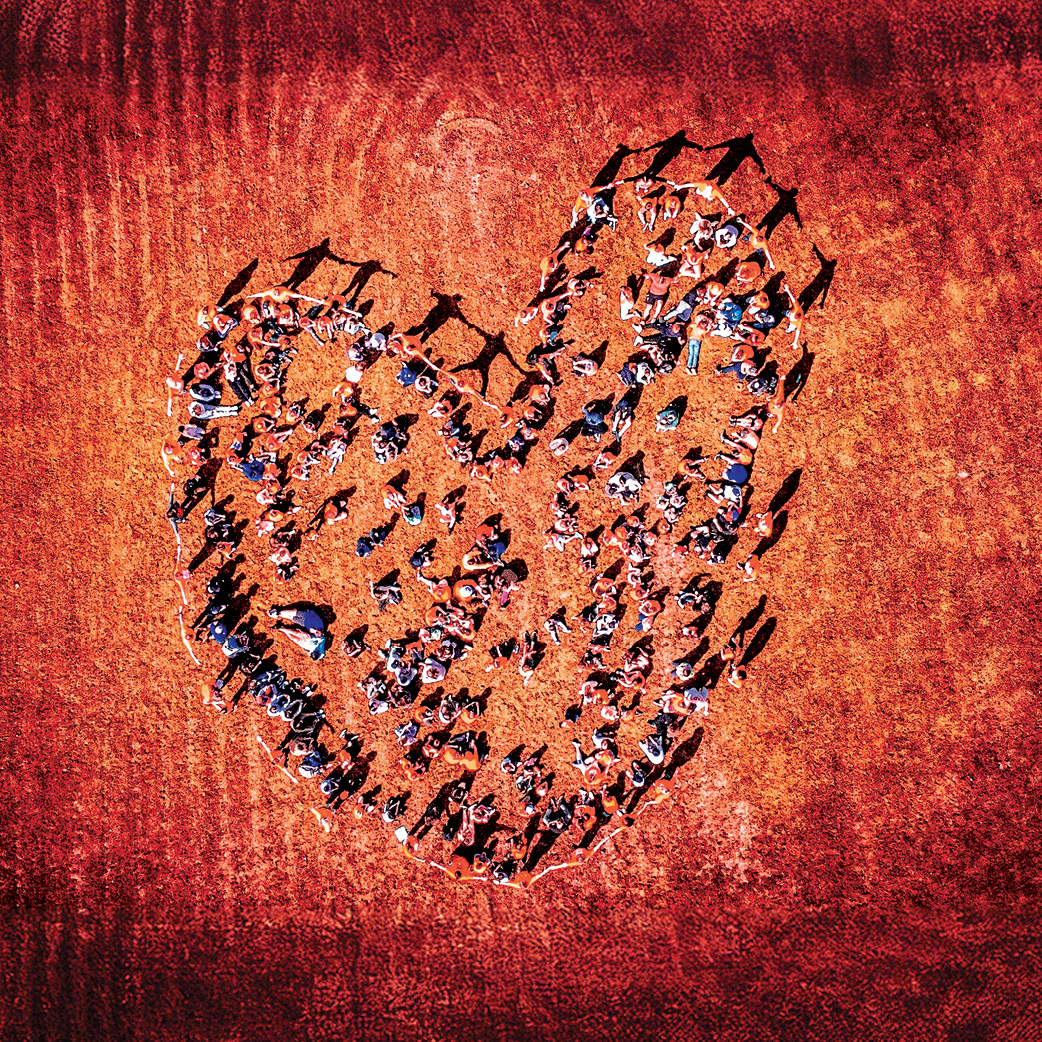Community Building in a Time of Truth & Reconciliation
The 2025 Jack Matthews Fellowship Lecture

Lecture Abstract
“The illiterate of the future are not those who can’t read or write but those who cannot learn, unlearn, and relearn.” Alvin Toffler
"Learn, unlearn, and relearn" is a continuous process of acquiring new knowledge and skills (learn), discarding outdated or incorrect information and habits (unlearn), and then updating or replacing it with more accurate or relevant knowledge (relearn).
It has been 10 years since the Truth and Reconciliation Commission Report including the 94 Calls to Action was released to the Canadian public. We as Canadians learned much about our shared history, some of this information we questioned, it was hard for us to believe. These 94 Calls to Action described in the report are a blueprint to Reconciliation.
The process of learning, unlearning, and relearning is crucial for Truth and Reconciliation. It involves acknowledging the past, understanding its impact, and being open to new pespectives. This journey requires us to unlearn harmful stereotypes and misconceptions that have been ingrained over time. Relearning involves embracing the true history and stories of Indigenous peoples, fostering a deeper understanding and respect. By engaging in this process, we can build stronger, more respectful relationships and work towards genuine reconciliation.
In this conversation, stories will be shared that illustrate how the process of learning, unlearning and relearning is important to building healthy and inclusive communities.
About the Speaker
Victoria McKenzie Grant, O.C., ICD.d: Teme-Augama Anishnabai Kway (Woman of the Deep-Water People) Maang Indoden, (Loon Clan), a status Indian conferred through Canada’s Indian Act and registered as a member of the Temagami First Nation. She considers being a wife, mother, and grandmother her most important roles in all that she does. Always with a passionate voice in her work and in her volunteer activities, she has been and continues to be an advocate for more robust engagement with Indigenous peoples.
Because of the work of the Truth and Reconciliation Commission, the final report, the 94 Calls to Action, and the reception by the Canadian Public, she believes there is positive change happening in Canada.
Victoria would describe herself as a community builder. She considers volunteerism as one of the most important assets in building healthy communities. She has been a volunteer in the not-for-profit world for most of her adult life and has served as a director and chair of several philanthropic boards. Currently she is active on two boards, serving as Past Chair of the Canadian Canoe Museum, and Chair of the Counseling Foundation of Canada. Victoria has been part of the founding circles for three charitable organizations, The Temagami Community Foundation, the Circle on Philanthropy and Aboriginal Peoples in Canada and the Indigenous Peoples Resilience Fund (IPRF).
Presented in partnership with Lakefield College School and the Canadian Canoe Museum.
If you have questions about this event, please contact communityspeakerseries@trentu.ca.